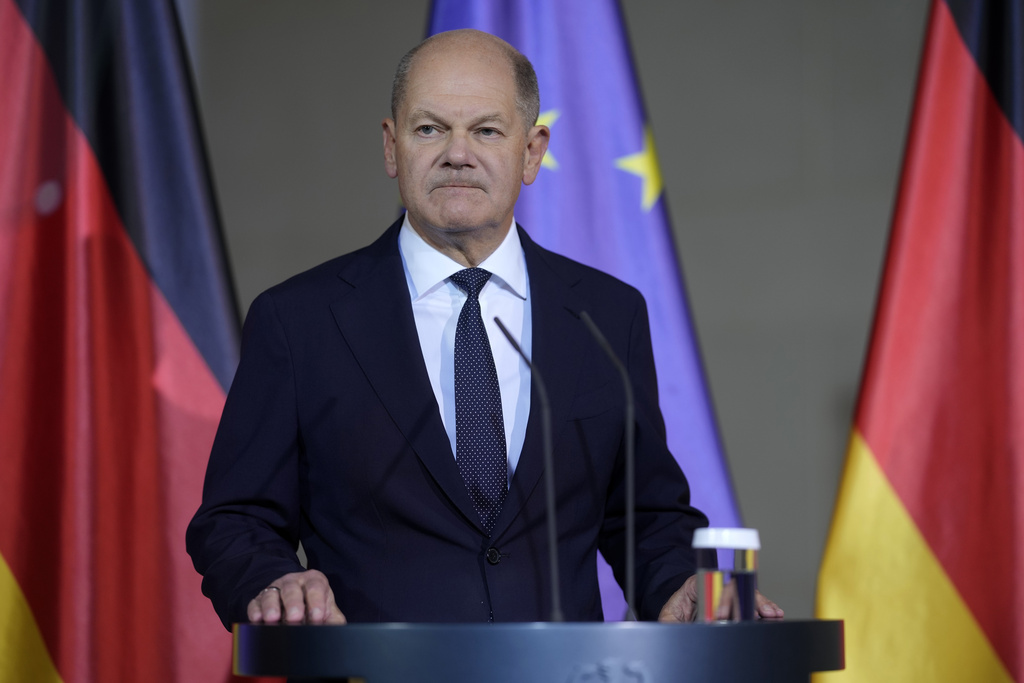Germans could soon find themselves heading to the polls after the federal government collapsed on Wednesday evening, paving the way for new elections.
In a surprising move, German Chancellor Olaf Scholz (SPD) dismissed Finance Minister Christian Lindner, the leader of the co-governing FDP. The news was first reported by Welt journalist Robin Alexander and confirmed by the Bild tabloid newspaper and the SPD.
The firing is understood to have preempted the FDP’s plans to withdraw from the governing coalition, signaling the collapse of Germany’s “traffic light” alliance of the SPD, FDP, and Greens.
Scholz, addressing the nation from the Federal Chancellery, emphasized the need for a “government capable of acting” to manage the country’s pressing financial challenges.
“For the past three years, my focus has been on providing stability and making decisive choices for Germany,” Scholz said. He detailed his recent efforts to present the FDP with a “comprehensive offer” aimed at bridging gaps in the federal budget without creating economic turmoil, which included concessions to the FDP’s proposals.
“Finance Minister Lindner showed no willingness to implement any of our proposals,” he added.
Bild reported how the FDP had plans to exit the coalition on Thursday, claiming that its ministers were to be pulled from the cabinet — a move Scholz appears to have countered.
According to the newspaper, Lindner had previously proposed snap elections to Scholz, which the chancellor declined. Instead, Scholz took the bold step of dismissing Lindner, paving the way for a vote of confidence in January.
Should the Bundestag vote against Scholz, he would no longer hold a majority, prompting him to recommend dissolving parliament to Federal President Frank-Walter Steinmeier and setting the stage for new elections within 60 days.
Tensions between coalition partners have been mounting over the 2025 federal budget. Budget representatives from the SPD, Greens, and FDP recently ended their deliberations on budget allocations without reaching an agreement, leaving amendments to individual ministry budgets in limbo.
The collapse leaves the largest economy in Europe in political turmoil just hours after Donald Trump won his second term in office in a comfortable U.S. presidential election victory on Tuesday.






